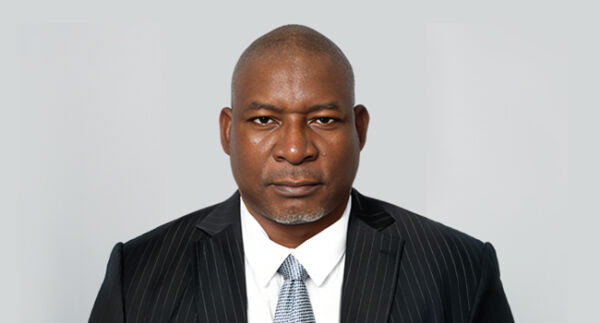N197 Billion Vanishes: Auditor-General's Report Exposes Shocking Contract Fraud In MDA's
N197 Billion Vanishes: Auditor-General’s Report Exposes Shocking Contract Fraud in MDAs
By Achimi Muktar
In a bombshell revelation, the Auditor-General of the Federation has uncovered massive irregular payments totaling over N197.72 billion in contracts awarded by various ministries, departments, and agencies (MDAs). The shocking details are outlined in the latest Annual Report on Non-Compliance and Internal Control Weaknesses, covering activities from 2020 to 2021.
The report, a scathing indictment of systemic lapses, highlights gross violations of financial regulations and procurement processes across multiple MDAs. The findings aim to spur stakeholders, including the National Assembly’s Public Accounts Committees, into recovering the colossal sums and implementing reforms.
N7.39 Billion: Contract Bidding Gone Wrong
Among the irregularities, the audit flagged N7.39 billion worth of contracts awarded without adhering to open competitive bidding, a violation of Paragraph 2921(i) of the Financial Regulations (2009).
The Rural Electrification Agency in Abuja was the top offender with a whopping N2.12 billion in irregularities.
The Nigerian Security Printing and Minting Company Plc recorded the least breach at N11.72 million.
Unexecuted Jobs Costing N167.59 Billion
An alarming N167.59 billion was paid for contracts that were partially completed—or never executed at all—contravening Paragraph 708 of the Financial Regulations, which prohibits payment for undelivered services or goods.
Nigerian Bulk Electricity Trading Plc in Abuja topped the list with N100 billion in irregular payments.
The National Centre for Women Development recorded the smallest infraction, at N2.17 million.
Violations of Due Process: N20.33 Billion
Contracts worth N20.33 billion were awarded without following proper procurement processes, breaching Section 16(21) of the Public Procurement Act (PPA) 2007.
The Nigerian Security Printing and Minting Company Plc was again at the forefront with N14.14 billion in violations.
The Corporate Affairs Commission committed the least infraction, at N8.98 million.
Exceeding Financial Thresholds: N2.41 Billion
Payments exceeding approved financial thresholds amounted to N2.41 billion, made without obtaining the mandatory “Certificate of No Objection” from the Bureau of Public Procurement.
The Ahmadu Bello University Teaching Hospital in Zaria led this category with N1.06 billion.
The Federal Medical Centre in Bida incurred the least breach, at N9.9 million.
A Call for Accountability
The audit categorizes these issues as "cross-cutting," implicating multiple MDAs in systemic financial malpractices. It criticizes weak internal controls and calls for stricter enforcement of regulations to prevent future occurrences.
Reacting to the revelations, Debo Adeniran, Executive Director of the Centre for Anti-Corruption and Open Leadership (CACOL), described the findings as a betrayal of public trust. He urged the Economic and Financial Crimes Commission (EFCC) to expedite investigations and hold those responsible accountable.
“This must not be covered up; the government must ensure justice is done. Anyone found culpable should face the full weight of the law,” Adeniran said.
CACOL Demands Probe into N4.64 Billion Works Ministry Fraud
In a related development, CACOL has called for a thorough investigation into the alleged misappropriation of N4.64 billion by the Federal Ministry of Works and Housing, under Babatunde Fashola. The ministry is accused of payments without proper documentation, extra-budgetary expenditures, and contracts awarded without due process.
The Auditor-General has recommended the recovery of these funds and their remittance to the treasury. Efforts to contact Fashola for a response were unsuccessful.
What’s Next?
As Nigeria grapples with inflation and rising debt, the revelations have sparked concerns about the government’s ability to manage public funds effectively. The Auditor-General’s report underscores the urgent need for reforms to restore public confidence in the country’s financial systems.
Will these revelations lead to meaningful change—or become another scandal buried under bureaucracy? The public waits, watching.




















